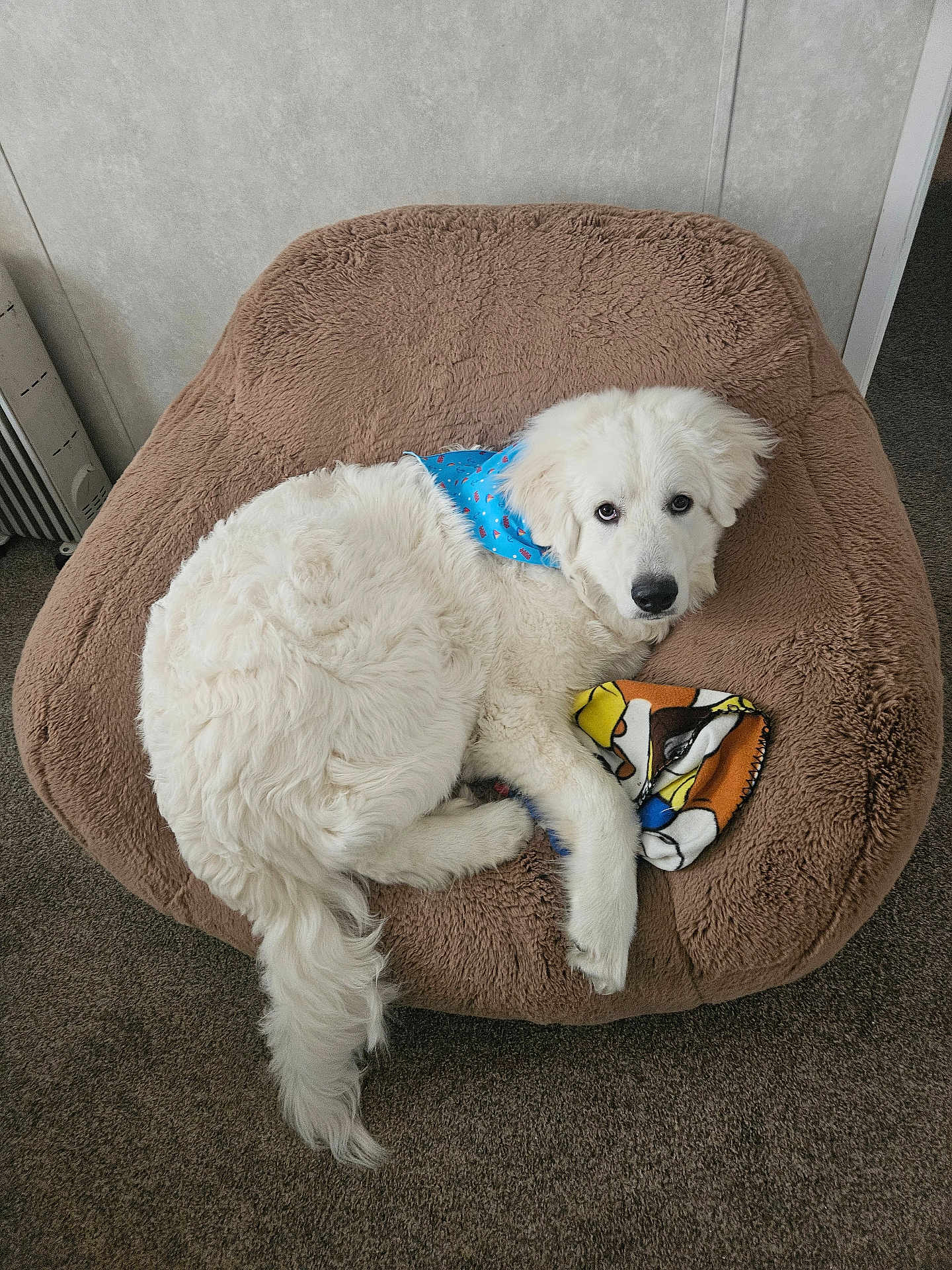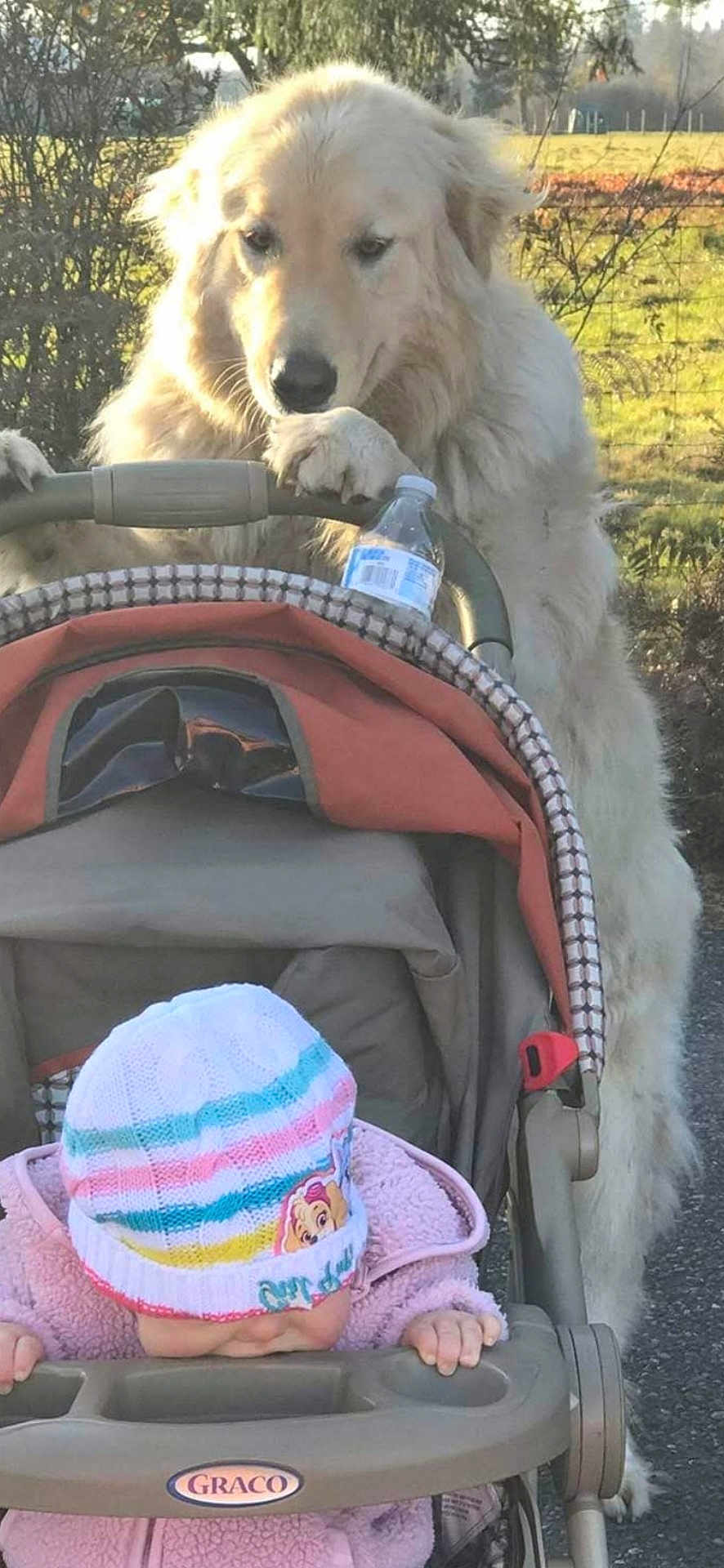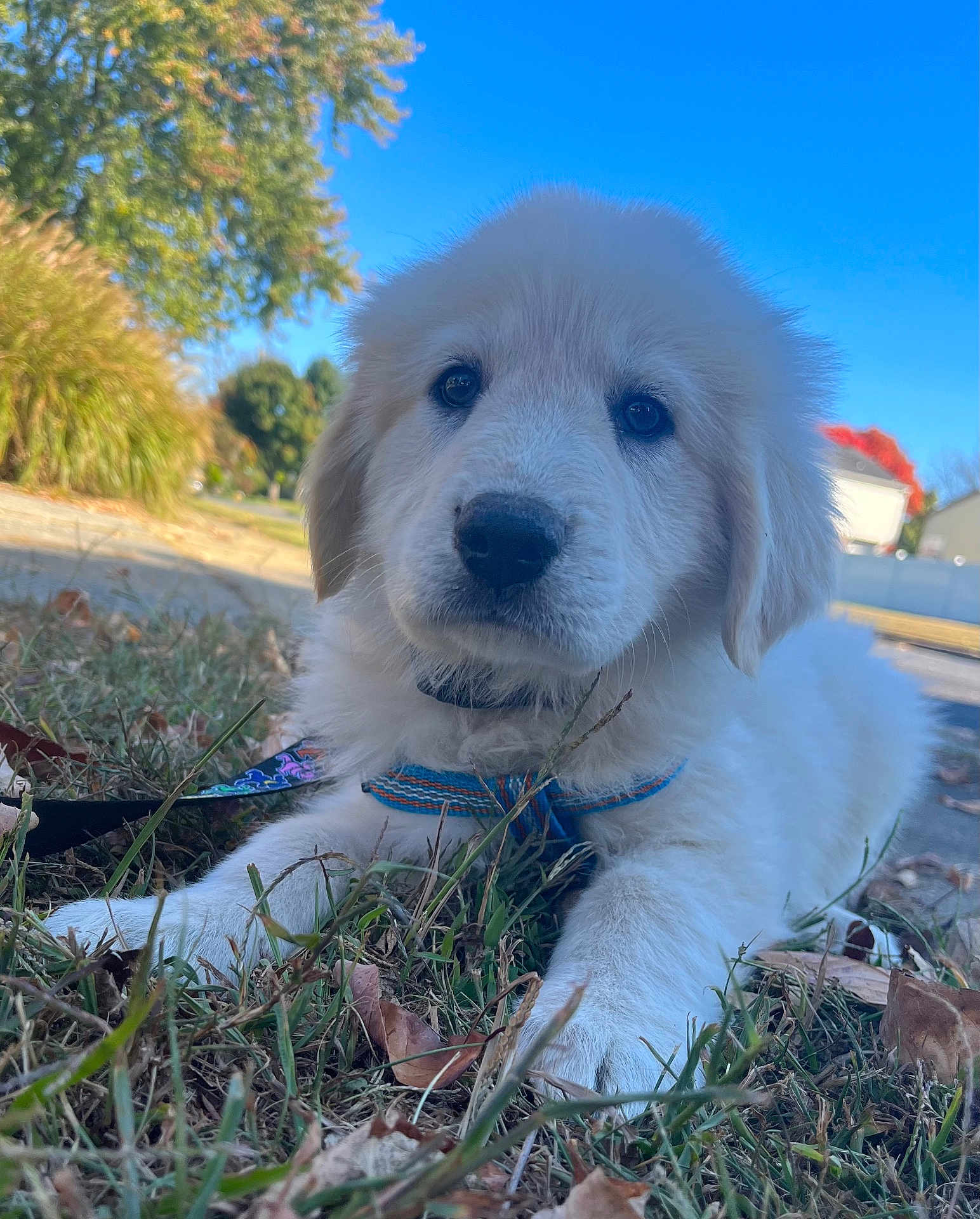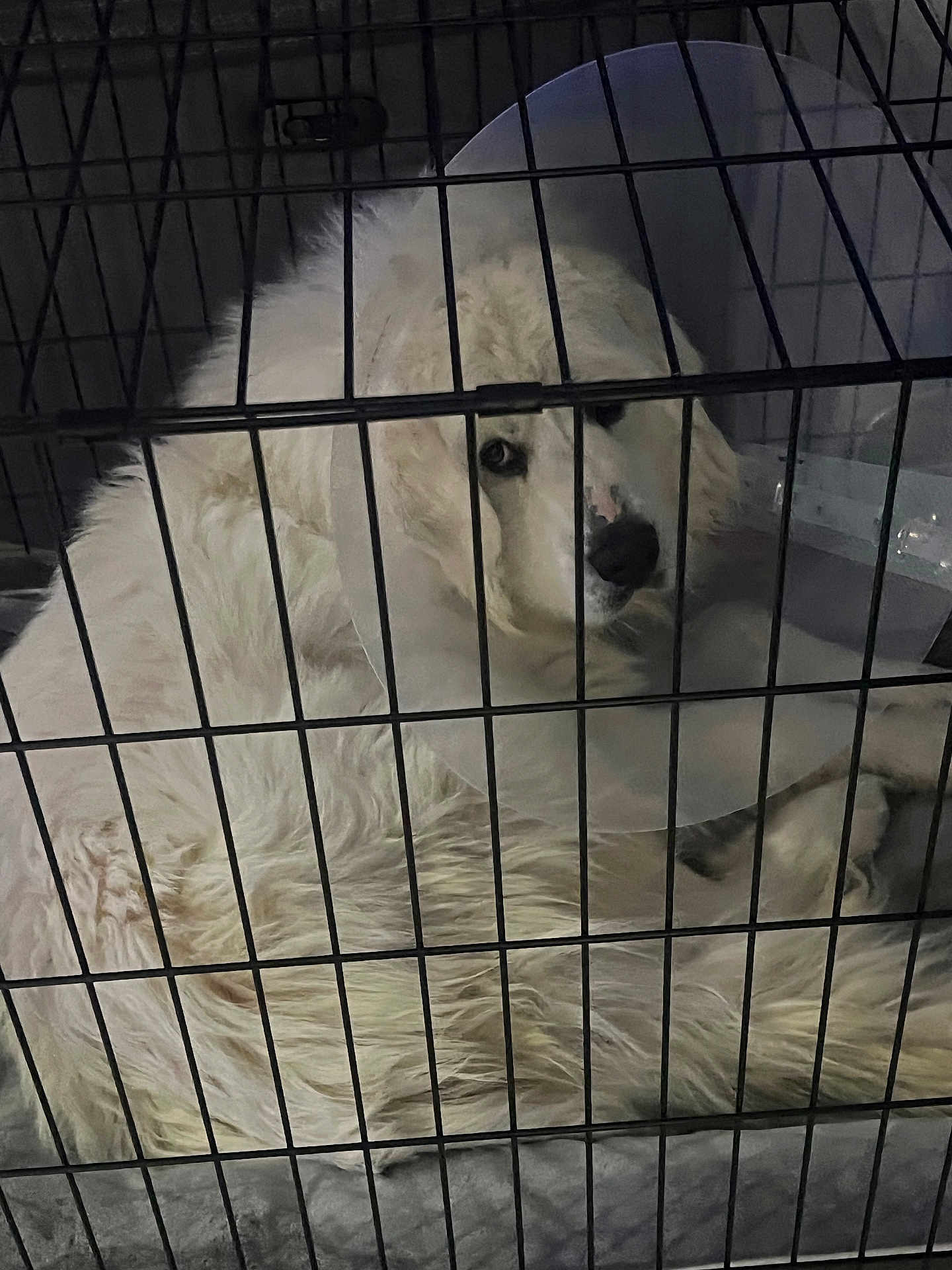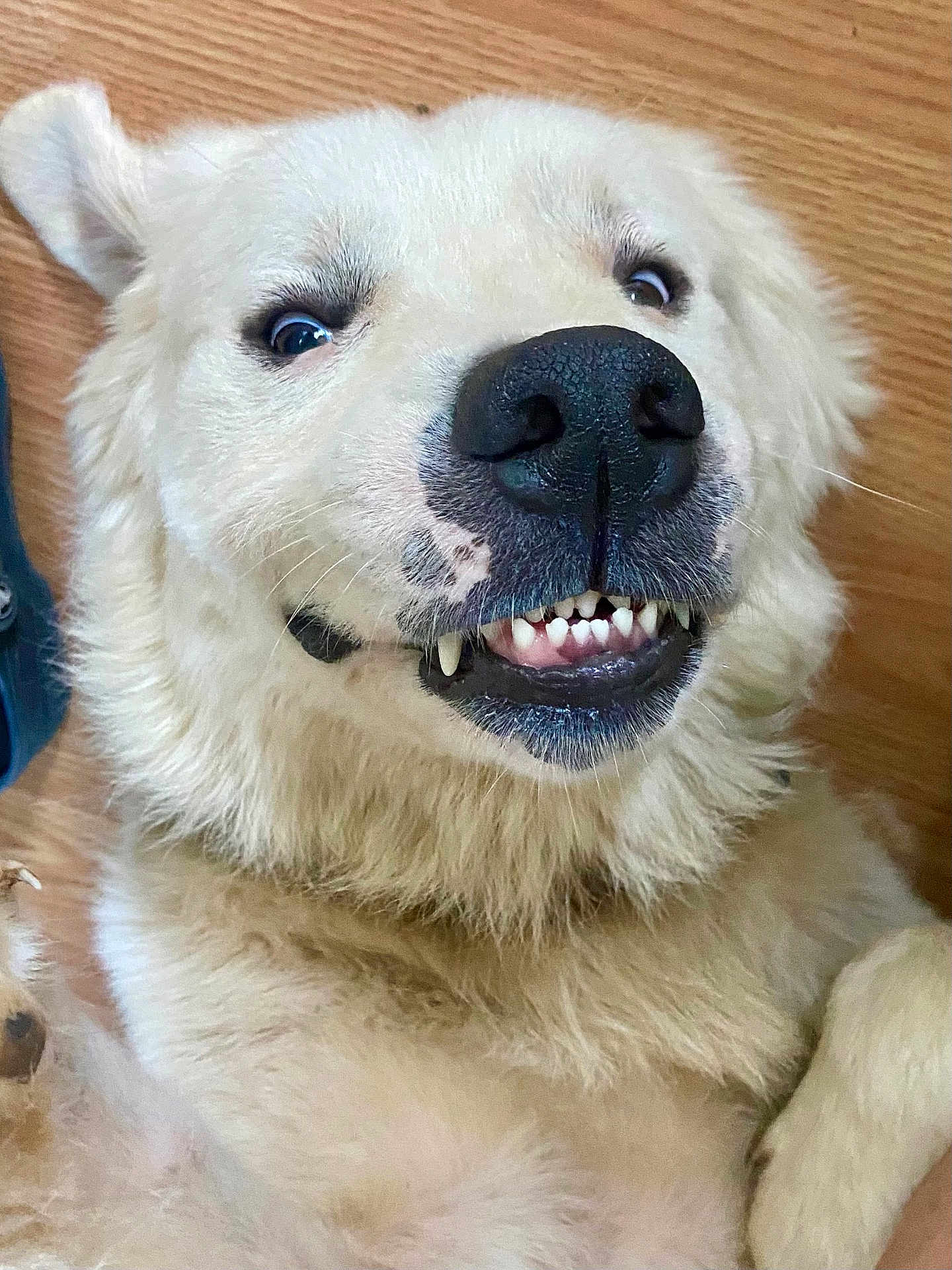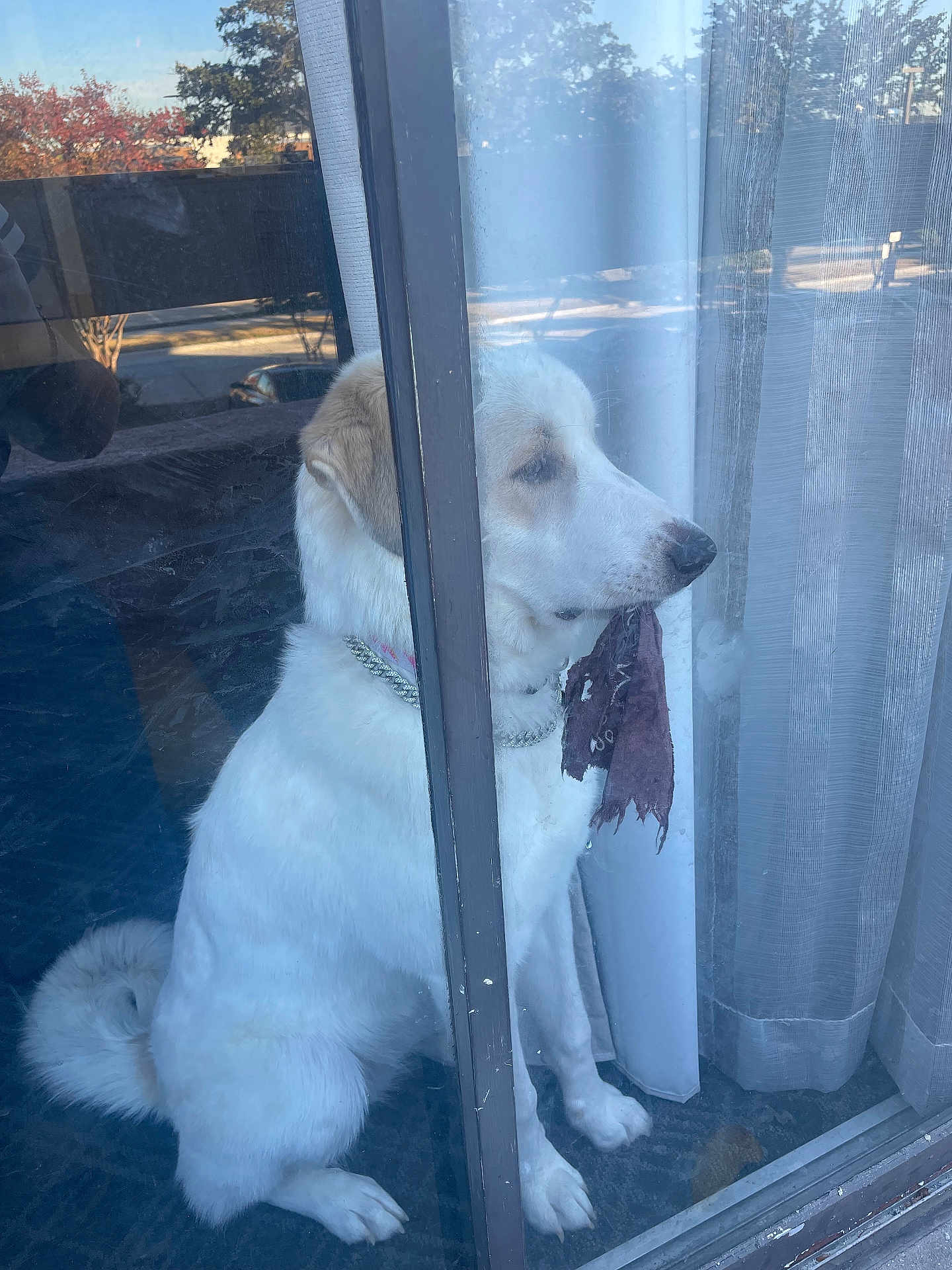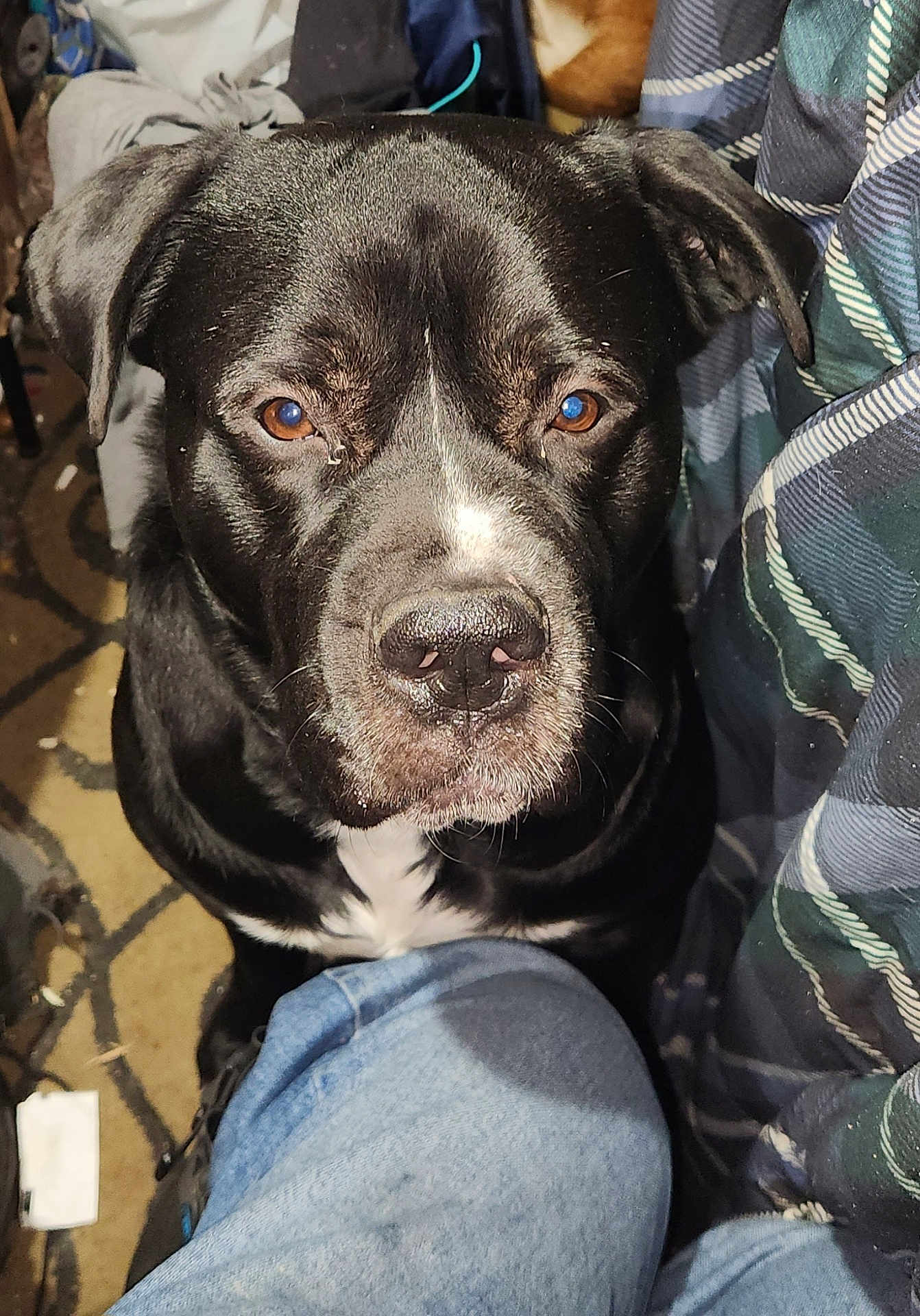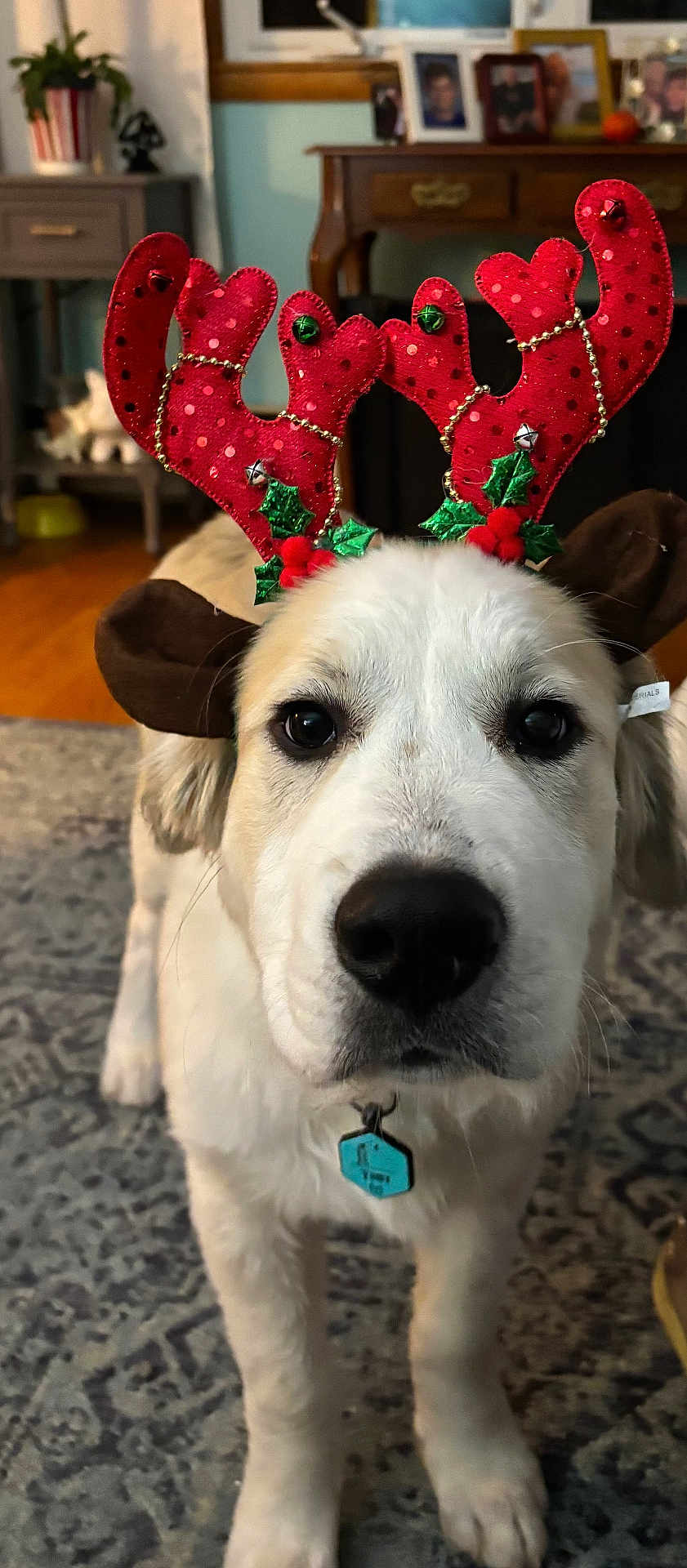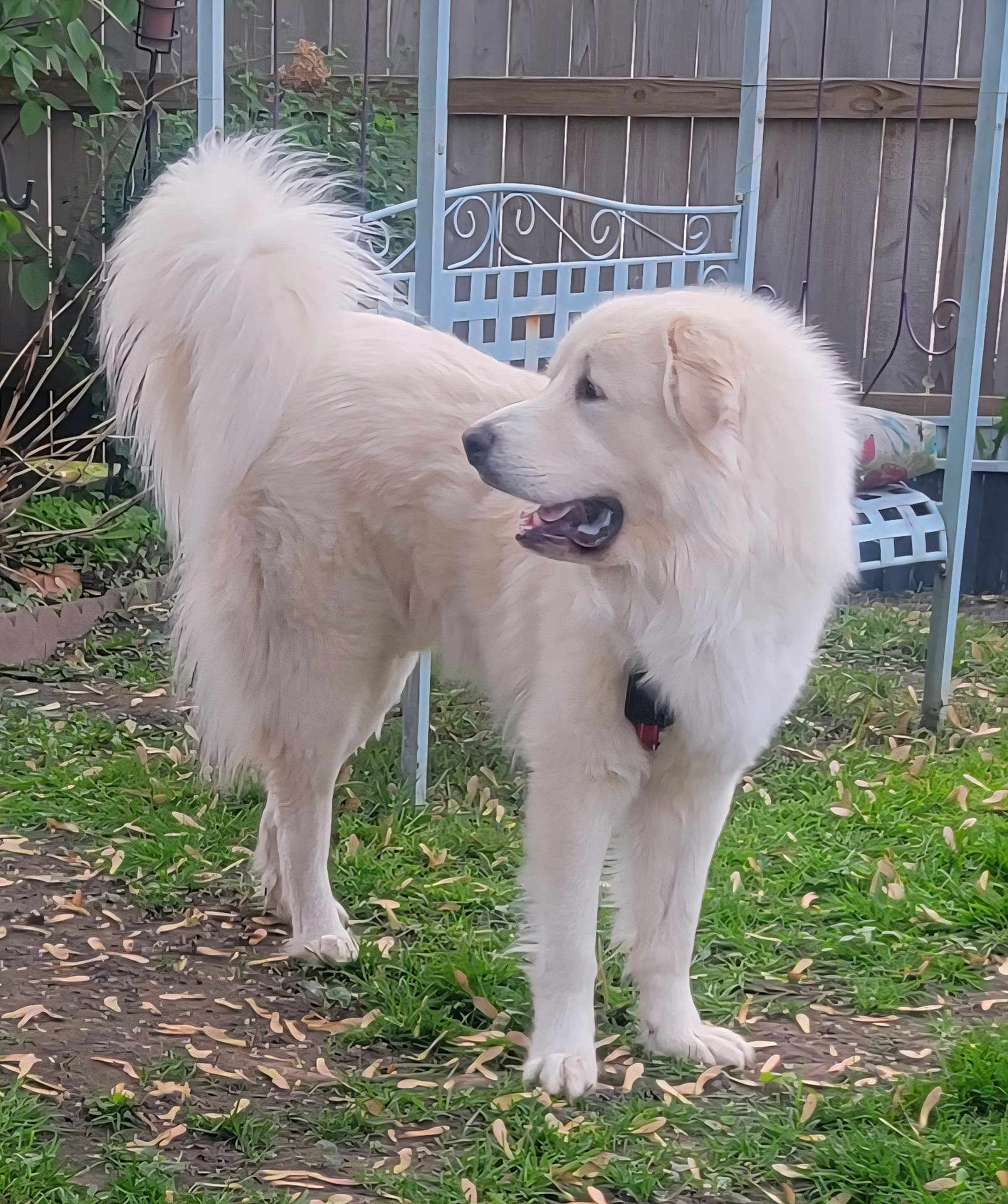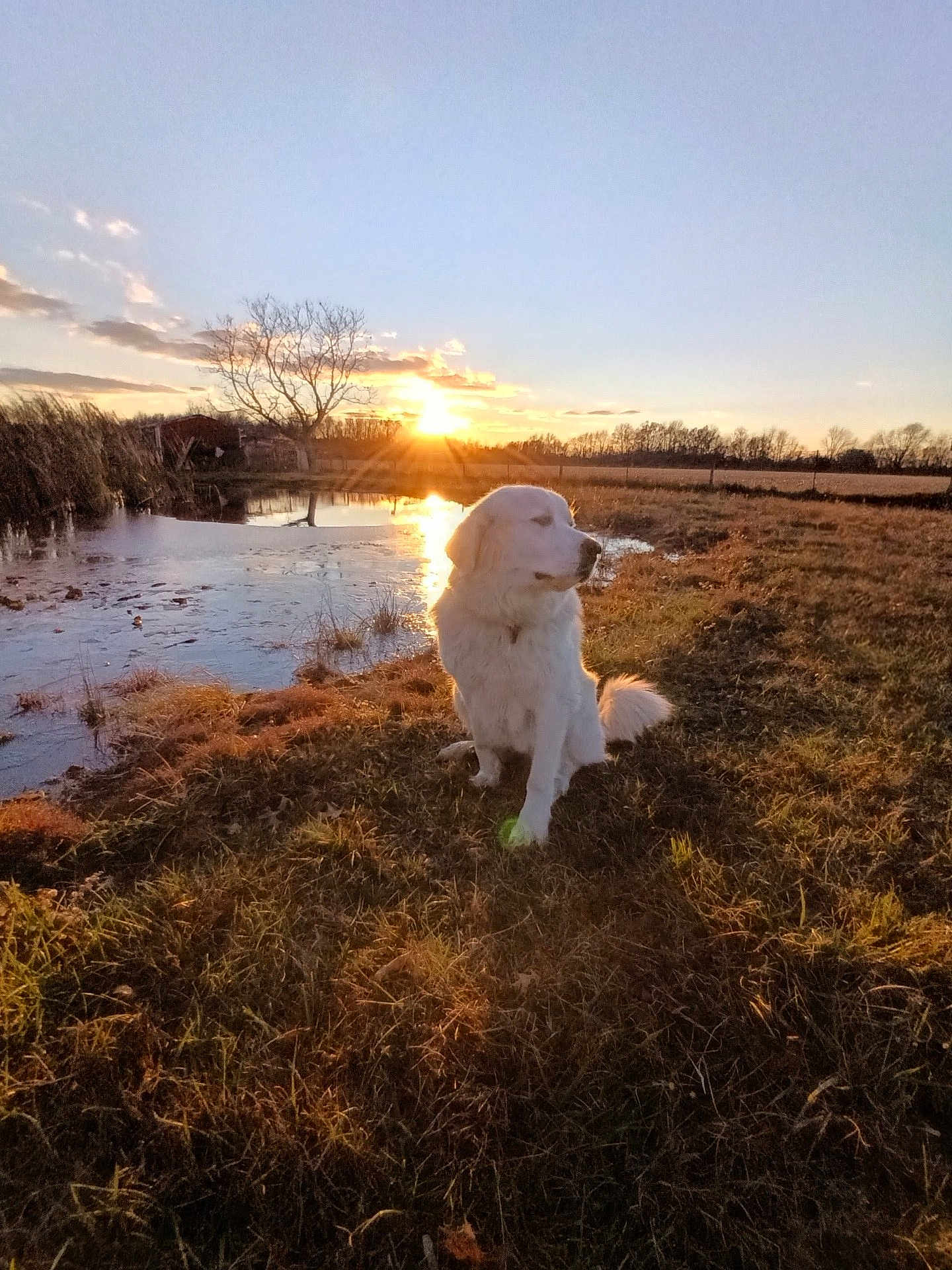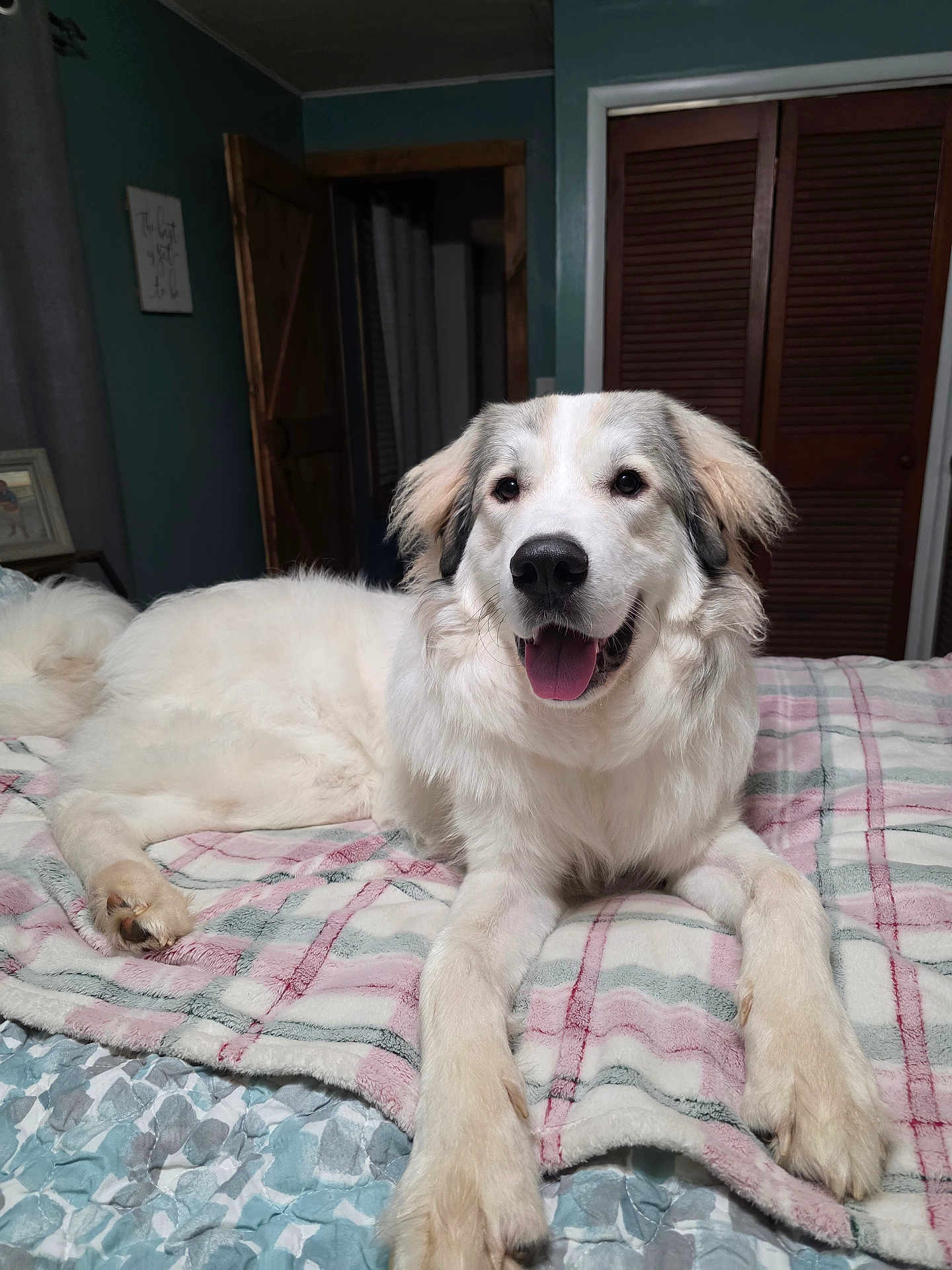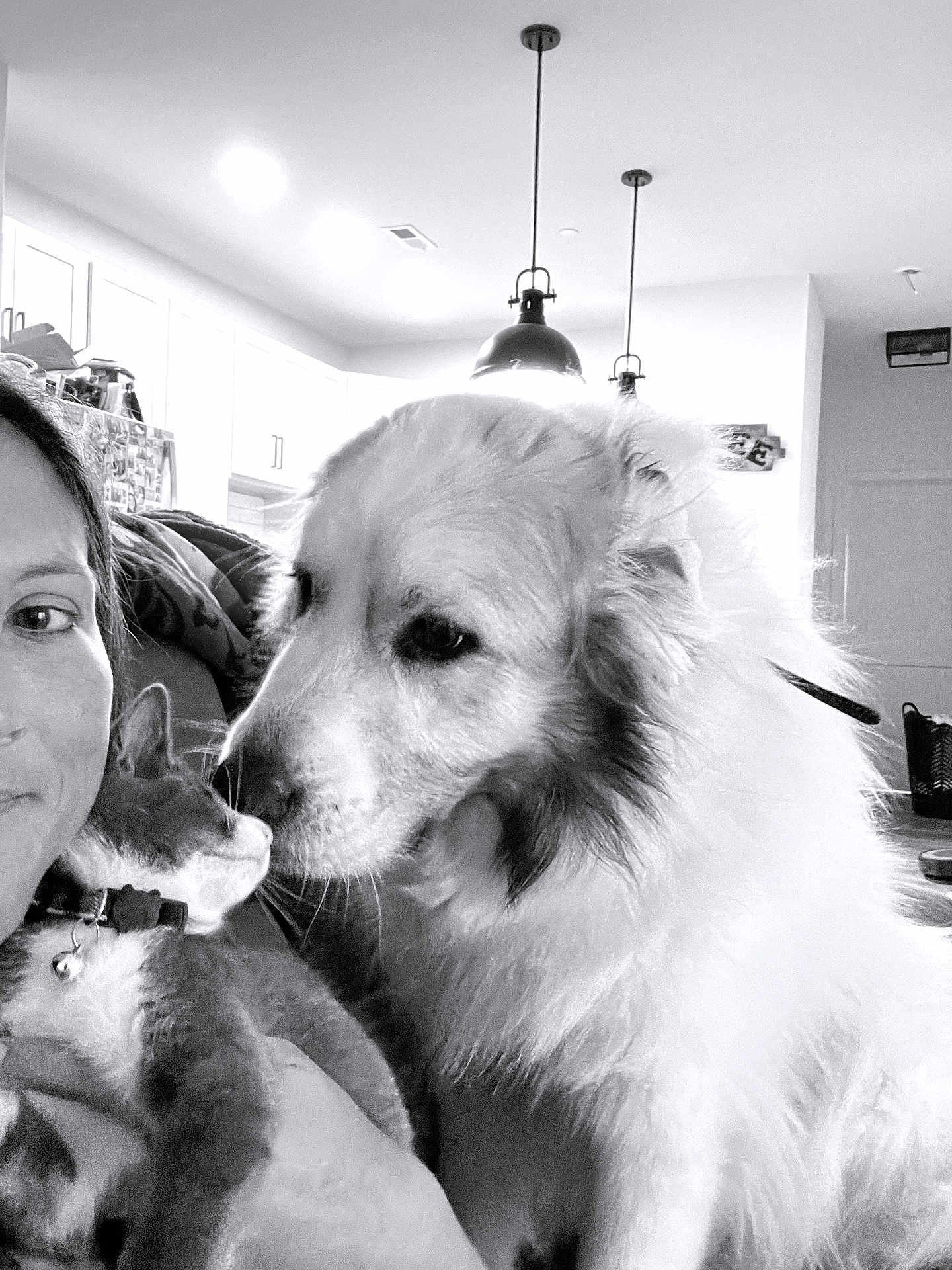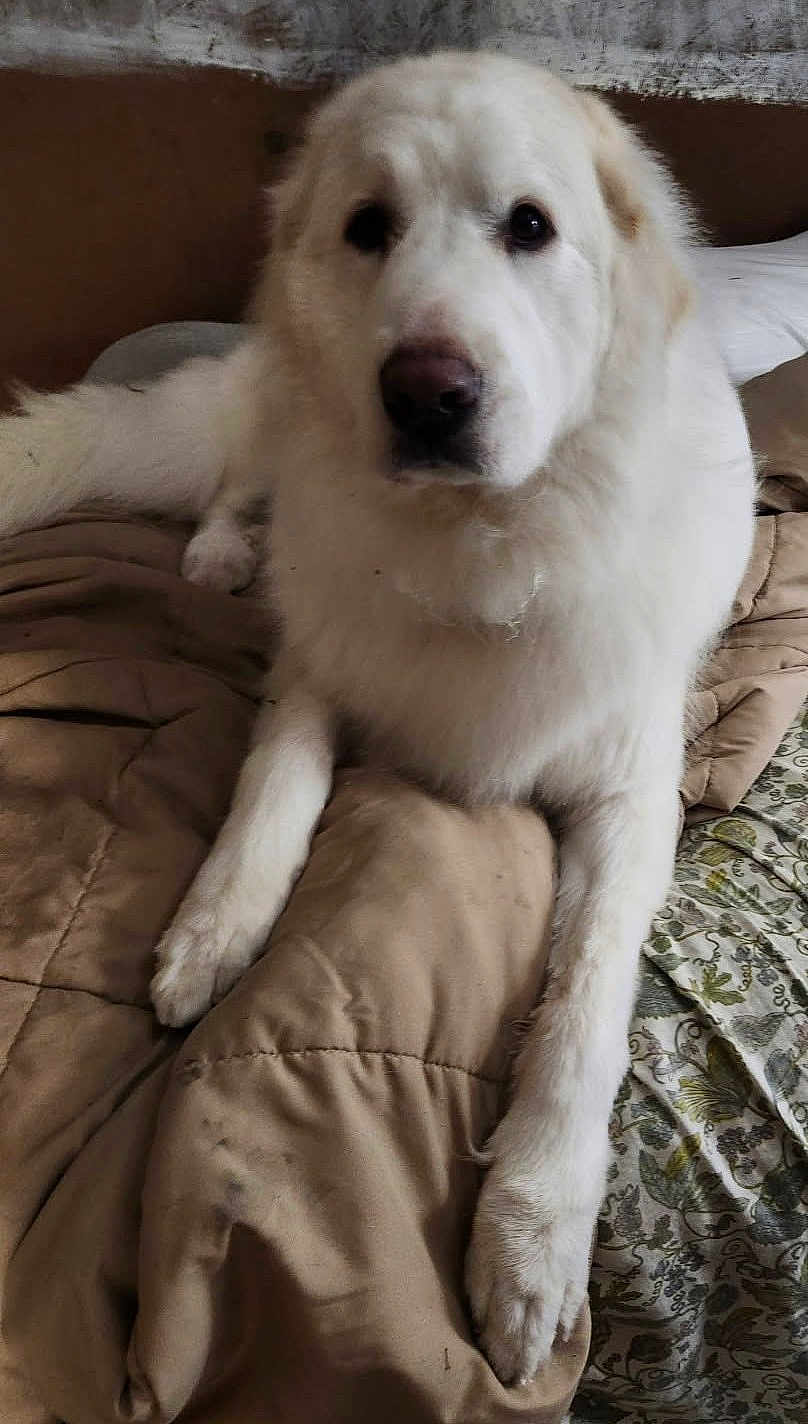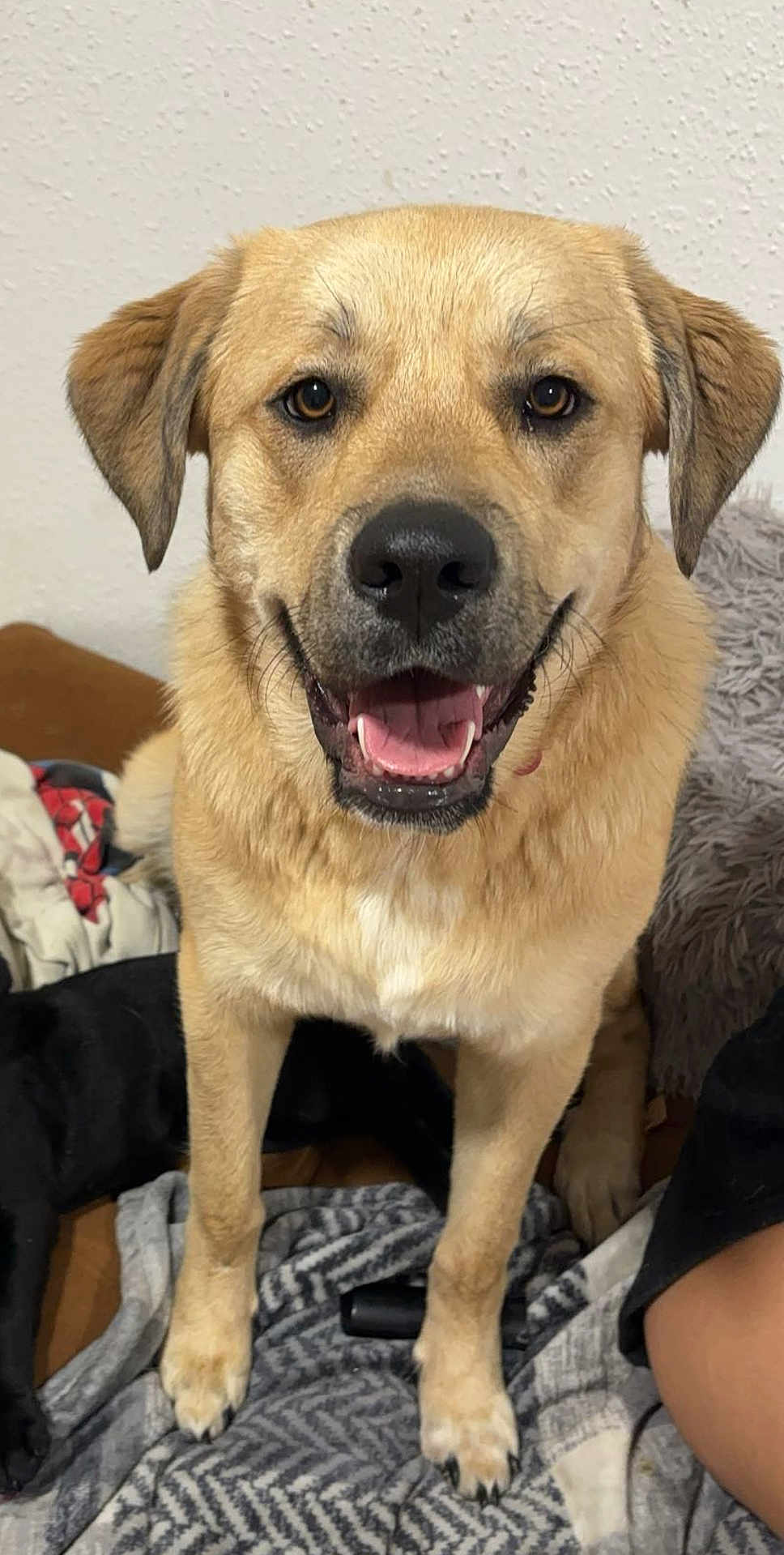
"The mountains have a highly enchanting guardian – the Great Pyrenees, known for its majestic presence and historical significance as a protector of flocks and families alike."
Personality and Behavior of the Great Pyrenees
The Great Pyrenees, with its grand stature and lush white coat, is more than just a visually striking dog. This breed is known for its calm, patient demeanor and innate protective instincts. As natural guardians, they take their role as family protectors seriously, displaying a level of devotion and loyalty that is hard to match. Great Pyrenees are incredibly gentle with children and can often be found lying by their side, offering a sense of safety and comfort.
Moreover, the breed has a strong independent streak, borne of their historical role as livestock guardians. This can sometimes be mistaken for stubbornness, but in reality, it is a sign of their intelligence and problem-solving abilities. They are not quick to follow commands blindly but rather assess situations before taking action, a trait that has proven invaluable in their traditional role.
Another endearing quality of the Great Pyrenees is their love for tranquility. Despite their size and guarding history, they are not overly aggressive or hyperactive. Instead, they prefer a serene environment where they can survey their domain and ensure the well-being of their family members.
"Did you know that Great Pyrenees have been used for centuries by shepherds in the Pyrenees mountains to guard flocks of sheep from predators like wolves and bears? This ancient role has shaped much of their protective and gentle nature."
Meanings, History, and Origins of the Name Great Pyrenees
The Great Pyrenees, also known as the Pyrenean Mountain Dog outside of North America, derives its name from the Pyrenees mountains that form a natural border between France and Spain. Historically, these dogs were indispensable to shepherds, who relied on them to protect their flocks from predators. The breed's roots can be traced back to over 1,000 years, showcasing a long history intertwined with shepherding cultures.
The name "Great Pyrenees" reflects not just the physical grandeur of the breed but also its significant legacy. The adjective "great" emphasizes their size and the esteem in which they are held. In the French language, the breed is called "Chien de Montagne des Pyrénées," which translates to "Dog of the Pyrenees Mountains." This naming underscores the breed's geographical and functional origins.
Interestingly, the French royalty also found charm in these majestic dogs, and they were declared the Royal Dog of France in the 17th century. Their presence in castles and among the nobility further cemented their reputation as not just working dogs but also companions of the elite.
Popularity of the Great Pyrenees
The Great Pyrenees enjoys a dedicated following, particularly among those who appreciate its historical significance and protective nature. In the United States, the breed saw a rise in popularity during the mid-20th century, with breeders and enthusiasts recognizing its unique combination of beauty, strength, and gentle disposition.
In English-speaking countries, the Great Pyrenees is appreciated for its versatility—as both a working dog and a family companion. Their unique traits have earned them spots in various dog shows and competitions, where they are celebrated for their striking appearance and solid temperaments.
Outside of English-speaking regions, the breed's popularity remains strong, particularly in its native France and Spain. In these regions, they are still valued for their role in protecting livestock, reflecting their deep-rooted cultural significance.
Health and Care of the Great Pyrenees
Caring for a Great Pyrenees requires an understanding of their specific health and dietary needs. Common health issues that may affect the breed include hip dysplasia, elbow dysplasia, and certain cardiac conditions. It's essential to have regular veterinary check-ups to monitor these potential health concerns.
Dietarily, the Great Pyrenees benefits from a balanced diet rich in high-quality protein and essential nutrients. Given their size, they can be prone to obesity if overfed or under-exercised, so portion control and regular physical activity are key. Their thick double coat also requires regular grooming to prevent matting and skin issues; brushing several times a week is recommended to maintain their lush coat.
Additionally, the Great Pyrenees is known to have a relatively long lifespan for a large breed, often living 10-12 years or more. This longevity can be attributed to proper care, nutrition, and genetic health.
Training and Education of the Great Pyrenees
Training a Great Pyrenees can be both rewarding and challenging, given their independent nature. Early socialization and consistent training are crucial in shaping their behavior. Introduce them to a variety of people, animals, and environments during their formative months to help them become well-rounded adults.
Positive reinforcement methods work best for this breed. Using treats, praise, and affection as rewards can motivate the Great Pyrenees to learn and follow commands. Due to their guarding instincts, it's also important to establish clear boundaries and rules to prevent any undesirable protective behaviors.
Persistence and patience are essential when training a Great Pyrenees. They are not always quick to obey, but with consistent, gentle guidance, they can become well-behaved members of the family. Crate training can also be useful, providing them with a sense of security and a safe space to retreat when needed.
When choosing the right dog for your family, it is essential to consider your lifestyle, living environment, and the temperament of the breed. The Great Pyrenees may be an excellent match if you have a spacious home and a calm demeanor, and you can offer the affection and care this majestic breed requires.
The joy of finding the right dog is profound—each breed brings its unique set of traits and history to your family. At KingPet, we see many majestic Great Pyrenees participating in our contests, showcasing their beauty and charm. The Great Pyrenees, with its gentle demeanor, protective instincts, and historical significance, remains a top choice for many dog lovers.















